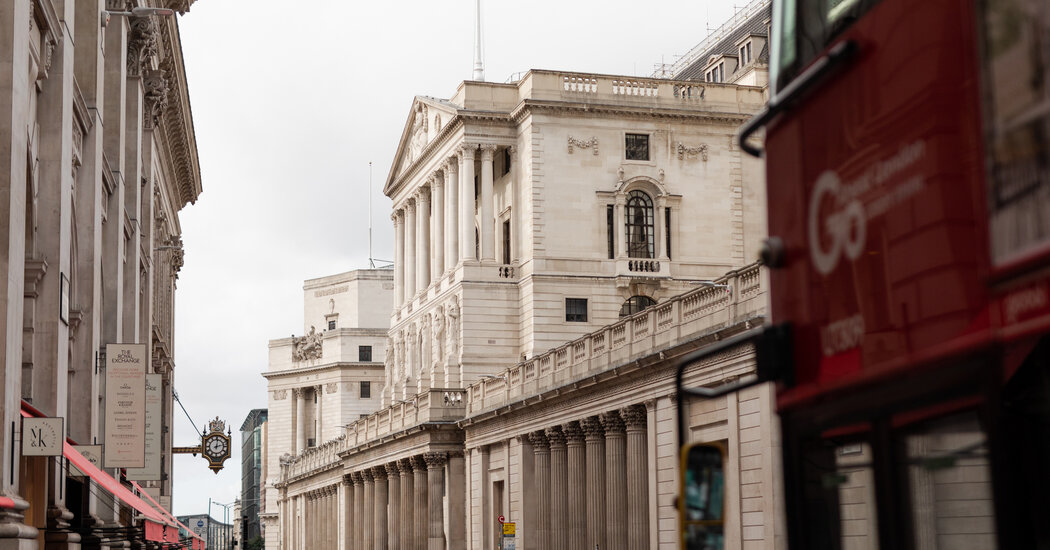The recent political unrest in Britain has served as a warning here. Last month, the Bank of England raised rates by three-quarters of a point as policymakers expected the fiscal plans of Liz Truss, the former prime minister, including a plan to freeze household energy bills for two years, would add to inflationary pressures. After her turbulent premiership ended, Prime Minister Rishi Sunak and his government withdrew almost all of her policies and announced a £55 billion ($68 billion) plan for higher taxes and austerity. The overall impact of these measures on inflation is expected to be small, the Bank of England said on Thursday.
These central banks plan to embark on a path of higher interest rates even as economic growth across the region worsens, and much of the impact of previous rate hikes has not yet been felt.
In Britain, two policymakers, Silvana Tenreyro and Swati Dhingra, voted to keep interest rates stable, arguing that higher interest rates were already tightening financial conditions, and citing the economy’s weakness as incomes lag far behind inflation. It was the first time since March that committee members voted to hold interest rates.
The bank predicts that the economy is already in a recession that will be “prolonged”. Households are battling the highest food price inflation in more than four decades, combined with rising mortgage payments and higher utility bills. As wages lag far behind inflation, workers in many industries are on strike. This week, railway workers, mail deliverers and nurses, among others, were on strike.
The ECB said the eurozone economy could contract this quarter and next due to higher energy costs, economic uncertainty and the impact of tighter financial conditions. Bank staff cut forecasts for the eurozone economy next year, predicting it to grow by 0.5 percent, down from an earlier forecast of 0.9 percent.
While the European Central Bank had previously emphasized that it had already raised rates by a historic amount, those concerns were brushed aside this month as the bank’s projections showed inflation still above target in 2025.
“Keeping interest rates at restrictive levels will reduce inflation over time by dampening demand and will also protect against the risk of a sustained upward shift in inflation expectations,” the ECB said on Thursday.

